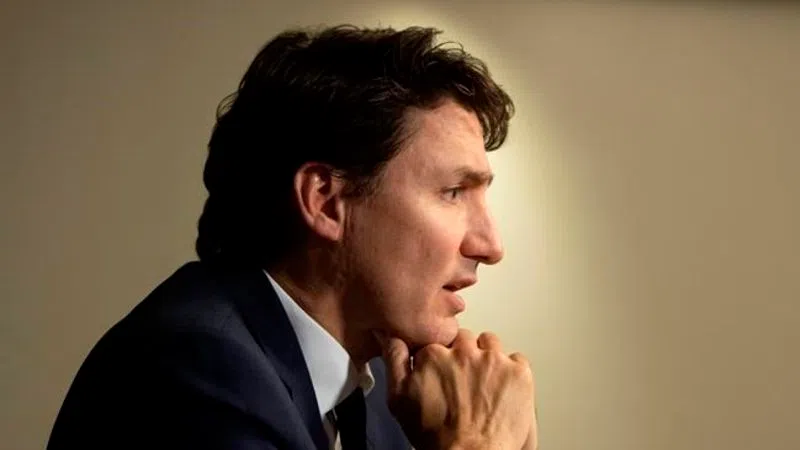
Feds won’t let resistant premiers scuttle municipal handgun bans: PM
OTTAWA — Prime Minister Justin Trudeau says he won’t let resistance from unwilling premiers scuttle the plans of municipalities that want to ban handguns.
In an interview with The Canadian Press, Trudeau also defended his government’s intention to allow handgun prohibition on a city-by-city basis rather than enacting a sweeping federal ban.
Some municipal politicians in Montreal, Ottawa and Toronto, concerned about deadly shootings, have called for measures to control handguns in their cities.
The Trudeau government plans to empower provinces and cities to take steps to manage the storage and use of handguns within their individual jurisdictions, given that they have different needs and concerns.


